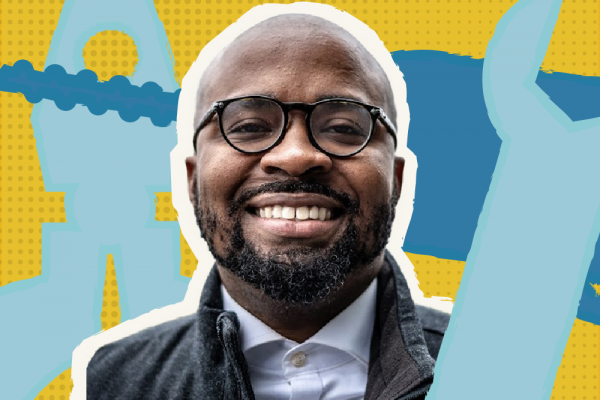Eleanor Roosevelt was a humanitarian, diplomat, and activist who used her position of privilege, as the wife of President Franklin D. Roosevelt, to give voice to the oppressed and silenced.
Roosevelt was initially averse to the role of First Lady for fear of losing her own independence and career, so much so that it earned her the subtitle (on Lorena Hickok's biography on Roosevelt) of Reluctant First Lady. Despite her hesitancy, Roosevelt redefined the restrictive position of the First Lady into a dynamic and proactive role.
She strongly advocated for civil rights for African Americans, women, workers, and the poor. In 1939, when Marian Anderson, a black contralto, was prohibited by the Daughters of the American Revolution (DAR) to perform in Washington's Constitution Hall, Roosevelt resigned from the group and helped organize another concert at the Lincoln Memorial.
Subsequent to her role as First Lady, Eleanor Roosevelt became the chair of the United Nations Commission on Human Rights and was influential in the creation of the 1948 Universal Declaration of Human Rights. She also served on the board of organizations like the National Association for the Advancement of Colored People (NAACP) and the Advisory Council for the Peace Corps. Along with several books, she also continued writing her newspaper column, "My Day," and remained active in politcal and social reform until her death in 1962.
Below are selected quotes by Eleanor Roosevelt to remember her on the 55th anniversary of her death.
On loving others:
When will our consciences grow so tender that we will act to prevent human misery rather than avenge it?
On conquering fear:
You gain strength, courage and confidence by every experience in which you really stop to look fear in the face. You are able to say to yourself, "I have lived through this horror. I can take the next thing that comes along." You must do the thing you think you cannot do.
On human rights:
Where after all do universal human rights begin? In small places, close to home — so close and so small that they cannot be seen on any map of the world. Yet they are the world of the individual person: The neighborhood he lives in; the school or college he attends; the factory, farm or office where he works. Such are the places where every man, woman, and child seeks equal justice, equal opportunity, equal dignity without discrimination. Unless these rights have meaning there, they have little meaning anywhere. Without concerted citizen action to uphold them close to home, we shall look in vain for progress in the larger world.
On hate:
Hate and force cannot be in just a part of the world without having an effect on the rest of it.
On self-esteem*:
No one can make you feel inferior without your consent.
*Popular maxim, origin unconfirmed. Consistently attributed to Eleanor Roosevelt.
On the importance of decisions we make:
People grow through experience if they meet life honestly and courageously. That is how character is built.
On peace:
For it isn't enough to talk of peace. One must believe it. And it isn't enough to believe in it. One must work at it.
On courage:
Courage is more exhilarating than fear and in the long run it is easier. We do not have to become heroes overnight. Just a step at a time, meeting each thing that comes up, seeing it is not as dreadful as it appeared, discovering we have the strength to stare it down.
On justice:
Justice cannot be for one side alone, but must be for both.
On hope:
Surely, in the light of history, it is more intelligent to hope rather than to fear, to try rather than not to try. For one thing we know beyond all doubt: Nothing has ever been achieved by the person who says, "It can't be done."
Got something to say about what you're reading? We value your feedback!






